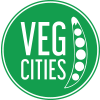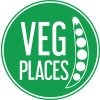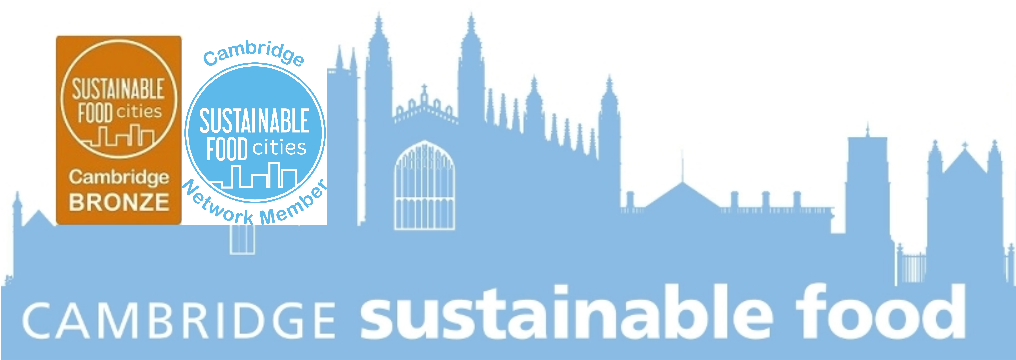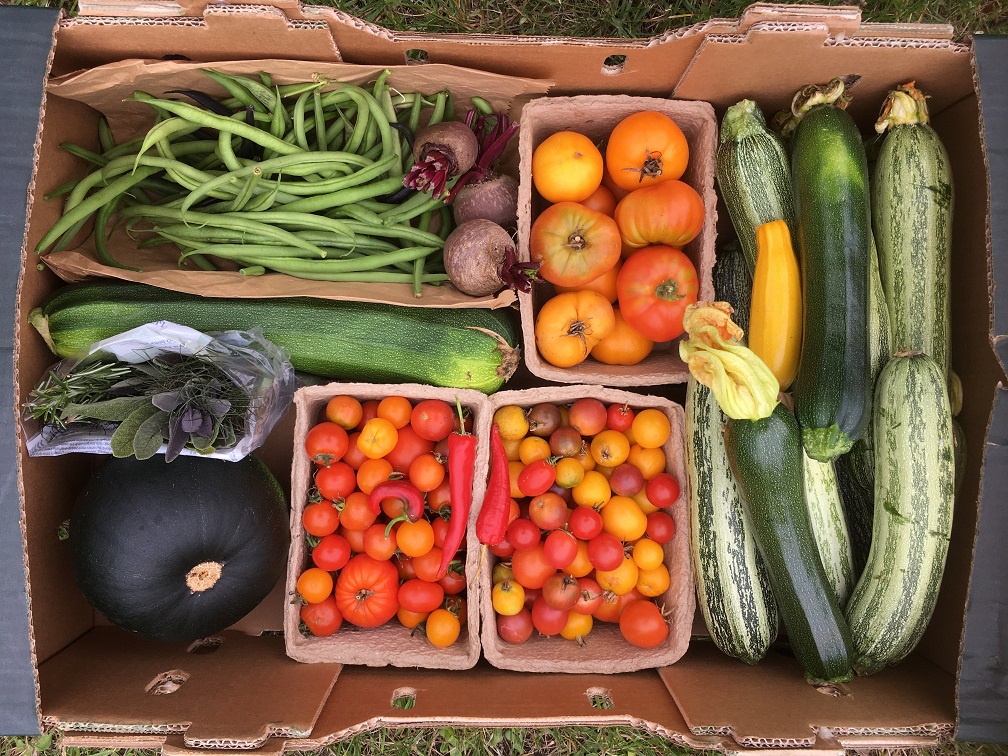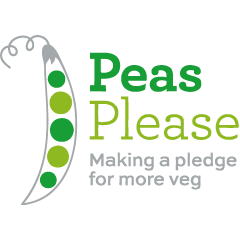Grow a Row in Cambridge
Grow a Row was born from the new-found enthusiasm for gardening and the desire to supplement the emergency food response with more fresh fruit and vegetables. It resulted in around 2,000kg of fruit and vegetables donated, enough to supplement 25,000 meals with a portion of fruit or veg! Nine months on, we take stock of the initiative.
Credit: Cambridge Sustainable Food
In Cambridge, the emergency food response to the Covid-19 pandemic was set up in the early days of the pandemic by Cambridge Sustainable Food with fellow members of the Food Poverty Alliance, with Community Food Hubs opening around the city – now there are eight. As in other cities, people mobilised to form mutual aid groups, and started to look out for their elderly or vulnerable neighbours. Cambridge Sustainable Food also looked into how much extra food could be grown within the city, to support local communities, and take advantage of the new-found enthusiasm for gardening that seemed to be developing. So “Grow a Row” was born: an initiative to encourage people to plant extra crops and donate them to help others who found themselves in need of help.
Cambridge Sustainable Food contacted allotment societies and neighbourhood groups, and spread the word on social media. The idea took a while to grow. Garden centres were closed, and compost and seeds were hard to come by. Gradually, the idea took hold, and community-minded groups and individuals started to deliver fresh produce to their neighbourhood Community Food Hub.
Donations from allotments…
Neighbours in George Street organised to contribute as a group, and even grew pots of windowsill herbs to donate to their local Community Food Hub in Arbury, in their “Adopt a herb” initiative.
From a nearby village, Thriplow, a huge variety of vegetable donations from a community project called Co Veg started to arrive. This was initiated by a local farmer who kindly contributed two fields: one he has cultivated himself to donate the produce, using farm machinery, and the other was named the “Chaos Garden”, and cultivated by the members of the community. Starting with broad beans early in the Summer, they have brought large successive harvests, including huge numbers of pumpkins in late Autumn.
Another Community Allotment on the edge of the city in Histon planted an extra piece of land as a “City Garden” and made steady deliveries throughout the season. Various plot holders from Old Chesterton Allotments site got in touch, and they took turns to deliver to their local hub in in East Chesterton.
…farms
Fen End Farm in Cottenham is a very special project, who delivered vegetables most weeks during the Summer. This farm works uses the permaculture method, and works with the Headway organisation, supporting people with brain injuries, who volunteered at the farm to grow the vegetables.
CoFarm - Cambridge’s community farm, was established in 2020. Despite being in their first year, is already highly productive and have produced huge quantities of beautiful vegetables to donate to the Community Food Hubs. Peter Wrapson and Dominic Walsh, horticultural leads, lead a team of volunteers that have helped with everything from sowing seeds to tackling thistles.
… and individuals
Many individuals have also turned up at the redistribution centre in Buchan Street. Someone who lived on an orchard, got up early for a couple of weeks to bring 20 kg of plums a day. Another individual donor cycled up with a 17 kg pumpkin in the bike trailer!
Sustain are encouraging more areas to launch Veg Cities campaigns and get local businesses and organisations making veg pledges. Veg Cities is a feature campaign of Sustainable Food Places and is run in partnership with Peas Please.
05/01/2021
